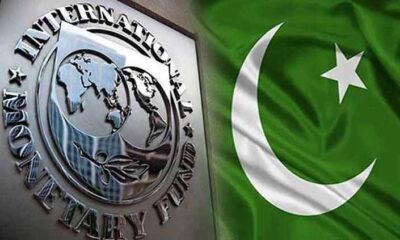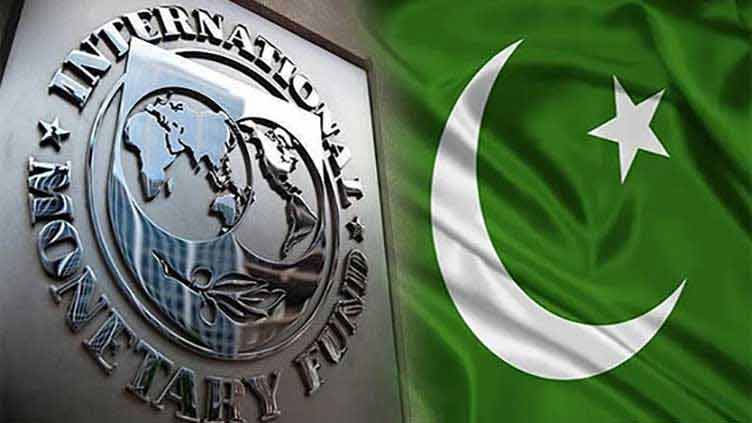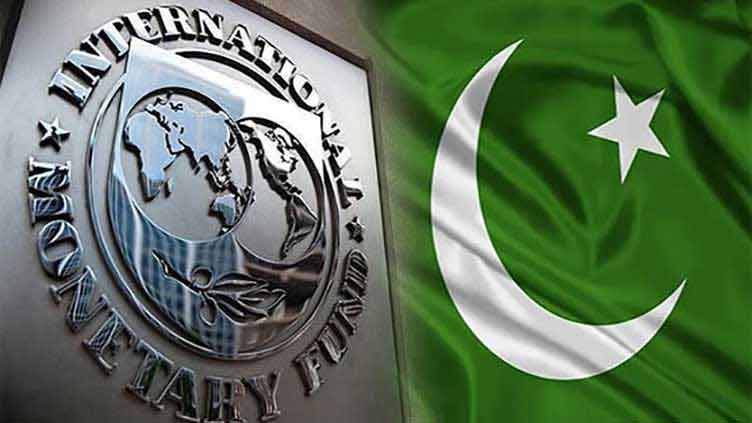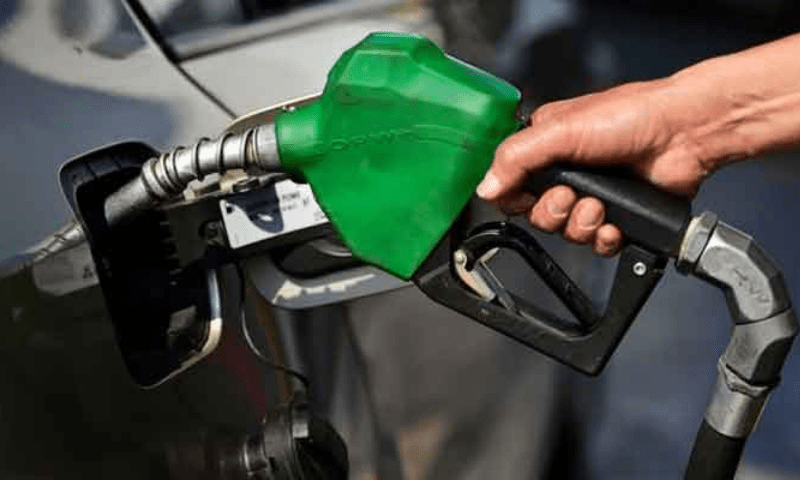- “Pakistan authorities have committed not to introduce fuel cross-subsidy,” IMF says.
- Fund says it sees no indication that Pakistan wants to pause negotiations.
- Political crisis in the wake of Imran Khan’s arrest have sparked concerns about IMF programme.
Amid speculations that Pakistan’s chances of clinching a long-suspended International Monetary Fund (IMF) bailout have been reduced due to the political situation, the lender clarified that it “remains engaged” with Islamabad, Bloomberg reported Thursday.
Declining to comment on the arrest of former prime minister Imran Khan, the spokesperson of the global lender said: “IMF remains engaged with Pakistan on securing funding and policy assurances with the goal of reaching an agreement on the ninth review of the $6.7 billion loan agreed in 2019.”
“The IMF sees no indication that Pakistan wants to pause negotiations on disbursement from the current programme,” the spokesperson told the foreign publication.
Following the arrest of the Pakistan Tehreek-e-Insaf (PTI) chairman, concerns sparked that Pakistan was edging closer to a default as political unrest will delay an IMF bailout.
“It looks increasingly difficult for Pakistan to avoid a default in the absence of fresh funding support coming in,” said Eng Tat Low, an emerging-market sovereign analyst at Columbia Threadneedle Investments in Singapore.
“I am also growing more skeptical whether an IMF deal is going to come through. Their heavy debt amortisation against precarious reserves would suggest default is imminent,” he added.
Violent protests erupted in Pakistan on Tuesday with dozens injured across several cities and demonstrators attacking military buildings after Khan was arrested. Moreover, the police initiated a crackdown and arrested the top leadership of the party along with thousands of workers.
The rupee slumped to a record low and slid over 3% a dollar on Thursday. Dollar bonds due 2031 fell to the lowest since November and were indicated at 33.10 cents on the dollar.
‘No petrol subsidy’
Moreover, the Fund also revealed that Pakistani authorities have committed to the lender that petrol subsidy would not be introduced.
“Pakistan authorities have committed not to introduce fuel cross-subsidy scheme in F23 [fiscal year 2022-23] and beyond,” the spokesperson said.
The statement comes as a surprise as Minister of State for Petroleum Dr Musadik Malik, on Tuesday, said that Pakistan aims to address IMF’s concerns before implementing its new fuel subsidy plan.
“The IMF had some reservations about the government’s plan to raise fuel prices for wealthier motorists to finance a subsidy for lower-income people”, he said on Bloomberg TV in an interview.
Malik said: “We originally thought that it was a much simpler idea. We want to make sure now that if we move forward, we take care of their concerns and make sure that they completely understand what we are trying to do and why.”
However, the Washington-based lender has now said that Pakistan has already committed to the Fund that it would not introduce the subsidy.

 Latest News2 days ago
Latest News2 days ago
 Latest News3 days ago
Latest News3 days ago
 Latest News3 days ago
Latest News3 days ago
 Latest News3 days ago
Latest News3 days ago
 Latest News3 days ago
Latest News3 days ago
 Latest News3 days ago
Latest News3 days ago
 Business3 days ago
Business3 days ago
 Latest News3 days ago
Latest News3 days ago























